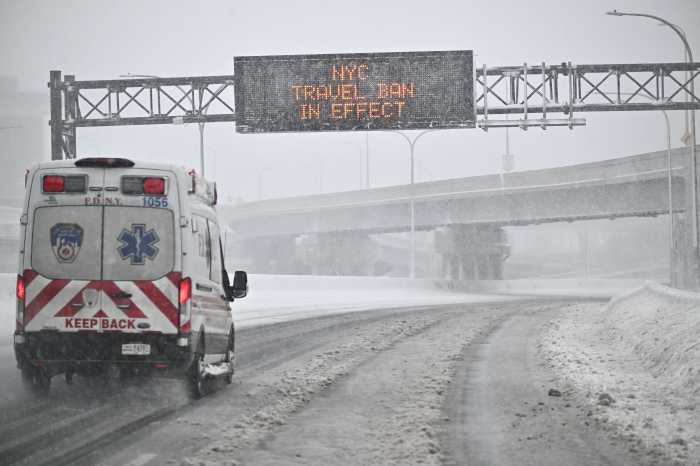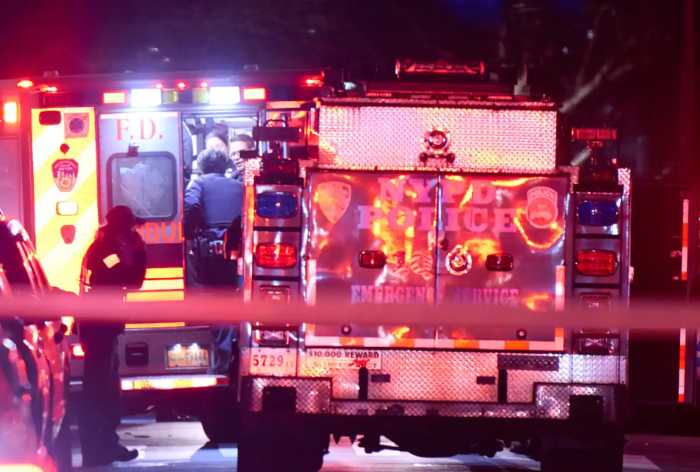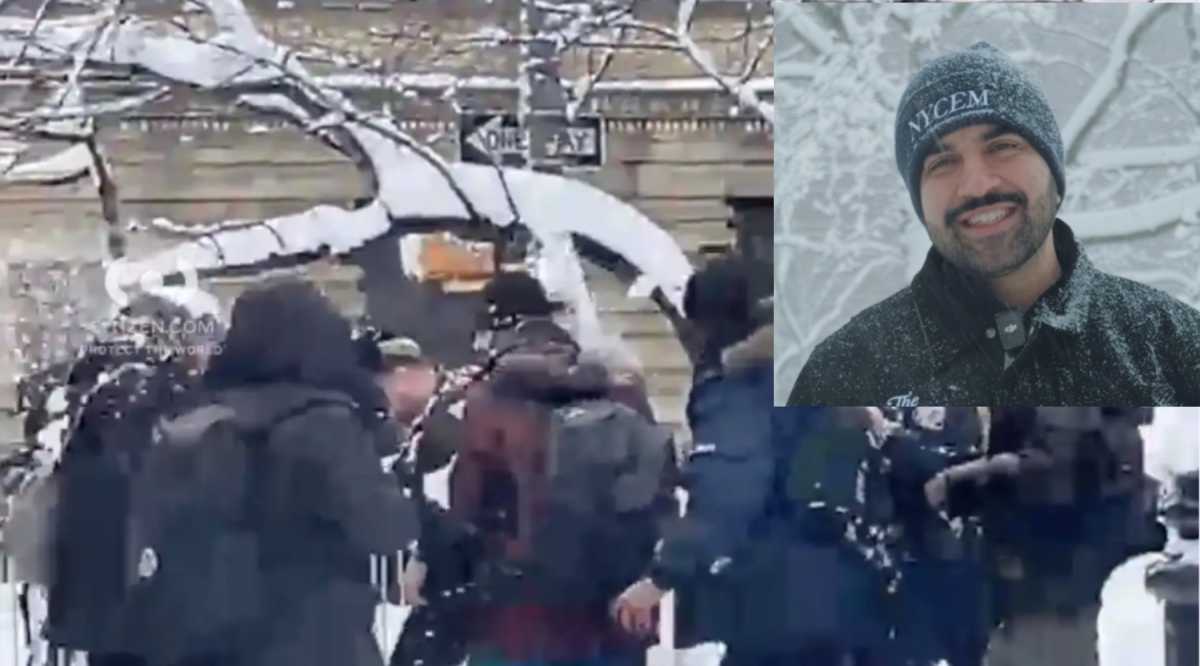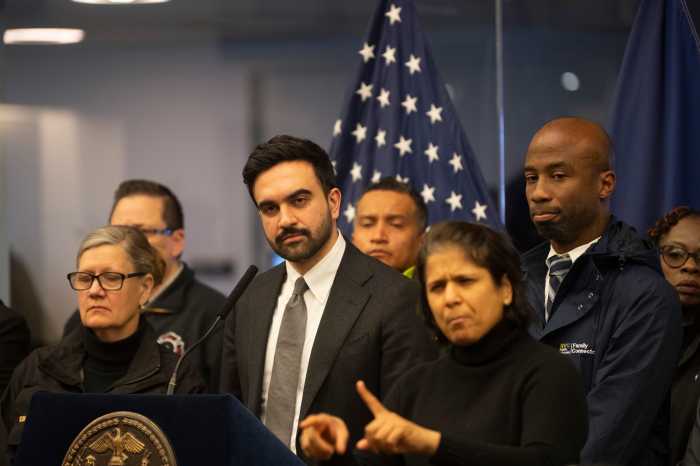Congresswoman Carolyn Maloney and other New York representatives introduced the 9/11 Responder and Survivor Health Funding Correction Act earlier this month, which addresses a funding shortfall for 9/11 victims.
This legislation would primarily focus on correcting the inadequacies of previous programs like the World Trade Center Health Program (WTCHP) and the September 11th Victim Compensation Fund.
The WTCHP, established in 2011, provides medical treatment and monitors over 100,000 responders and survivors from the World Trade Center, the Pentagon and Shanksville, PA.
According to Maloney’s office, the current funding for the WTCHP is insufficient to provide care for all of those still suffering from the physical and mental impacts of 9/11. This program also includes responders and survivors newly diagnosed with 9/11 associated cancers from the toxic exposures.
As the 20th anniversary of 9/11 approaches, Maloney said that “we all must reflect on the heroes from that tragic day.”
“Our country made a promise after 9/11 to always be there for the firefighters, the police, the EMTs, the workers clearing the pile, and survivors, residents, area workers and students who got sick or injured from the toxins at ground zero,” Maloney said in a statement. “Just as they did not fail us in the aftermath of that terrible day, we cannot fail to provide them with the support that they deserve.”
Other New York co-sponsors include Congressman Jerrold Nadler, Congressman Andrew Garbarino and Senator Kirsten Gillibrand.
“The [WTCHP] provides medical services to first responders and survivors impacted by the 9/11 terrorist attack, but the program is quickly running out of funds,” Garbarino said. “It’s essential that we ensure the program has the resources it needs to continue to help those still suffering the long-term effects of this horrific attack. I’m proud to help introduce this bipartisan legislation to replenish funding for this program so that those who need it most continue to have access to care.”
Gillibrand said that countless Americans continue to be plagued by the trauma of the day.
“We must uphold that promise and ensure that the [WTCHP] will have the funds it needs now and into the future,” Gillibrand said. “I’m urging my colleagues to prioritize and pass the 9/11 Responder and Survivor Health Funding Correction Act, and to remember that ‘we will never forget 9/11’ is not just a slogan, but a reality we must uphold.”


































